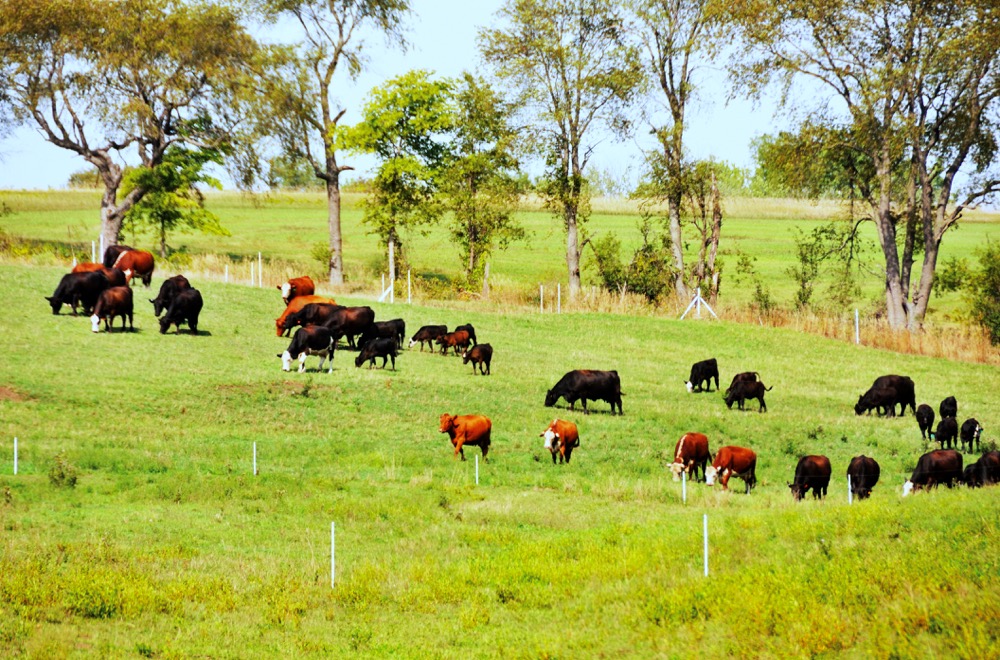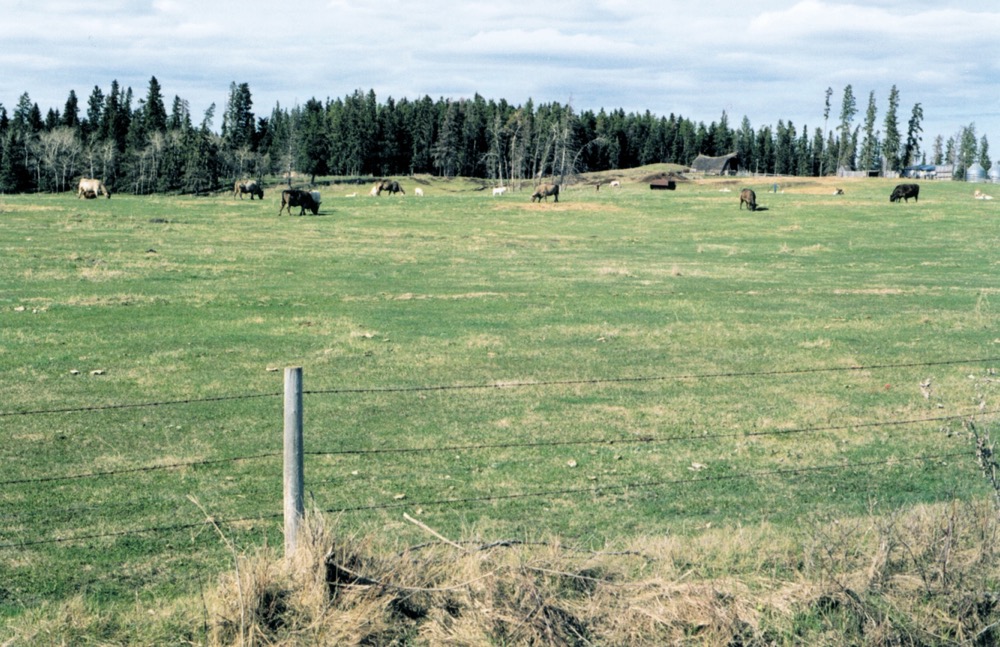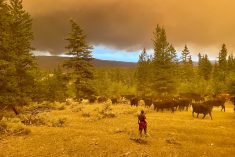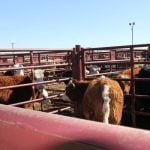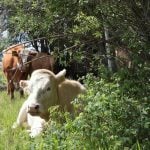A paradigm is a basic assumption or way of thinking that is commonly accepted. A paradigm might be defined as: how we see things. They may be true or untrue but if paradigms are accepted they have tremendous power on our ability to think or to accept new knowledge.
In his book The Structure of Scientific Revolutions Thomas Kuhn says people will always judge new ideas in the light of prevailing beliefs, or paradigms. People can never be objective about new information. If a new idea is in line with what we believe, said Kuhn, we accept it readily. But when an idea goes against our experience, knowledge and prejudices — what we know rather than what we think — our minds block it out, distort it or rebel against it.
Read Also

How farmers and ranchers can manage a gopher boom
The Richardson’s ground squirrel has been a challenge for prairie farmers for over a hundred years. Records of gopher bounties…
The fact we all have paradigms helps explain why we don’t make more progress as a society. So often we come together perhaps with widely divergent paradigms. Each one of us tries to implement our view of how things should be. We seldom even think about or discuss which paradigm may have more value.
If you begin with an incomplete or ineffective paradigm you will never arrive at the right answer no matter how much time or money is spent. The most critical point in arriving at the best answer is to start with the correct paradigm.
Let me share a simple example. Suppose we are developing some kind of a program. We start with some simple math. If we make a mistake in addition at the beginning we will never arrive at the correct answer. Spending more time and money or making things more complicated won’t help as we have a basic flaw in our paradigm.
Now let’s look at some of the situations we are facing in agriculture today where changing our paradigms might prove helpful.
The greater sage grouse: There are three main groups involved in this situation. The environmentalists, the government and the ranchers. The main proposal is to reduce the stocking rate. This is being proposed and supported by the environmentalists and government. Judging from this action one can conclude that the environmentalists and the government are coming from a paradigm that cattle are detrimental to the land.
- More ‘Holistic Ranching’ with Don Campbell: The Greater Sage Grouse
The ranchers are basically saying, we are good land stewards, leave us alone. The paradigm in their case appears to be that continuous grazing is beneficial to the land.
A more holistic approach might say that cattle properly managed (planned grazing) are beneficial to the land.
If the groups come together and each group tries to implement its paradigm there will be no progress.
If they challenge their paradigms there is a chance for real progress. New knowledge might allow everybody to agree that healthy land requires cattle grazed in a proper manner. With a new paradigm all the stakeholders and the sage grouse would benefit.
Noxious weeds: The basic paradigm regarding noxious weeds is that weeds are bad. This paradigm leads us to try and eliminate weeds. The result of this paradigm is that we have a long list of noxious weeds. We have extensive programs on how to deal with these weeds. The result after 25 or more years is that we have never taken a single weed off the noxious weed list. In fact the number of weeds on the list continues to increase even though we have spent many thousands of dollars trying to control them. It appears to me that our program is largely ineffective. Is it possible that our beginning paradigm could be flawed? What would be the result of a paradigm that says noxious weeds are a symptom of previous management? In this case we could take all the money directed at controlling weeds and direct it to improving management. Everyone knows that noxious weeds are less of a problem in healthy, well-managed land. Would investing this money in education and better management be a better use of our resources?
An increased frequency of droughts and floods: In this case our existing paradigm is that droughts and floods are due to too much or too little rain. Our conventional paradigm is to drain every slough, cut every tree and have no concern for the water cycle. The result is more frequent floods and droughts. The cost of this is immense. A new and more effective paradigm might be: we need to maintain wetlands and trees. Having an effective water cycle should be a top priority. With this paradigm we would see a reduction in both floods and droughts. Some of the money currently being spent on floods and droughts could be redirected to compensate farmers for maintaining a healthy ecosystem. The result would be less devastation from floods and droughts and a more sustainable agricultural society.
This idea of addressing our basic paradigms could be applied in so many places. Our best hope for real progress in society is not in changing how we do things but in changing how we see things. Can you think of areas where a paradigm shift has helped you? Can you think of areas where a paradigm shift might help our society?
My personal experience has been that I was much more rigid and set in my ways at age 40 than I am at age 70. So many of the paradigms that I held have been challenged and changed that I am now willing to look at any idea before discarding it. I believe we can all benefit from being willing to challenge our paradigms. What is your opinion? Happy trails.
Don Campbell ranches with his family at Meadow Lake, Sask., and teaches Holistic Management courses. He can be reached by phone at 306-236-6088 or by email.





